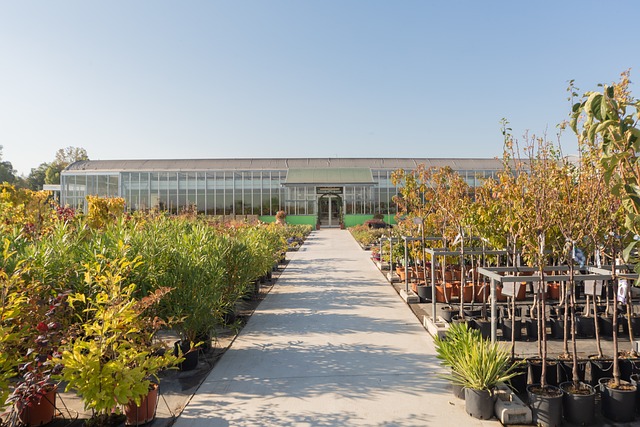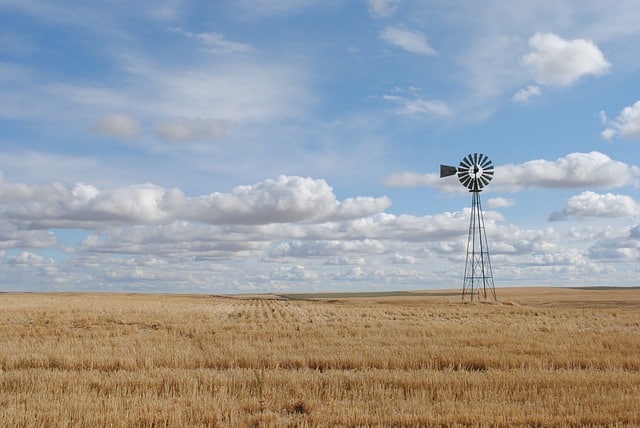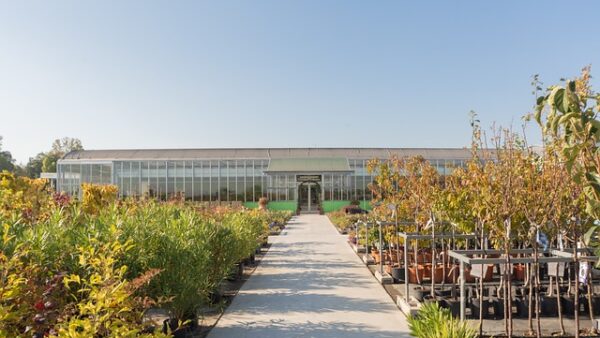The U.S. Department of Agriculture (USDA) has announced a nearly $121 million investment to advance research and Extension activities aimed at addressing key challenges faced by specialty crop and organic agriculture producers.
This funding includes $70.4 million for specialty crop research across the United States and $50.5 million to support farmers and ranchers producing high-quality organic food, fiber, and organic products.
Specialty crops, as defined by the Farm Bill, include fruits and vegetables, tree nuts, dried fruits, horticulture and nursery crops, including floriculture. This funding is part of the National Institute of Food and Agriculture’s (NIFA) Specialty Crop Research Initiative, which aims to drive innovation in these critical agricultural sectors.
“We know specialty and organic crops add nutrition to our diets and value to sustainable agriculture systems,” USDA chief scientist and Under Secretary for Research, Education and Economics Chavonda Jacobs-Young said in a USDA news release. “These crops also play a vital role in preserving cultural heritage and enhancing economic opportunities across local, regional, and global food systems, making them great competitive funding investments that target some of the most difficult challenges facing specialty crop and organic producers nationwide.”
The NIFA specialty crop investment builds upon the USDA’s $82.3 million in grant funding announced earlier through the Agricultural Marketing Service. These grants, awarded under the Specialty Crop Block Grant Program (SCBGP) and the Specialty Crop Multi-State Grant Program (SCMP), focus on market development, consumer education, and research, all of which are designed to enhance the competitiveness of the specialty crop industry and increase access to specialty crops for consumers.
NIFA’s Specialty Crop Research Initiative Funded Projects
- North Carolina State University: With labor costs high in horticulture and nursery crop production, this project will develop sustainable solutions for labor, automation, and production efficiency in the nursery industry. Funding: $9.8 million.
- Washington State University: As climate change drives extreme temperatures, apple and pear crops face significant risk. This project will develop strategies to mitigate losses and assess cultivar suitability for future climate conditions. Funding: $6.7 million.
NIFA’s $50.5 million investment in 30 organic agriculture projects falls under NIFA’s Organic Agriculture Program, including the Organic Agriculture Research and Extension Initiative (OREI) and the Organic Transitions Program. OREI projects aim to improve yields, quality, and profitability for producers adhering to organic standards, while the Organic Transitions Program supports efforts to help organic and transitioning producers adopt competitive organic practices.
“Organic agriculture plays a crucial role in promoting sustainable and healthy food systems that benefit people and the planet,” said Manjit Misra, USDA NIFA director. “NIFA’s investments in organic research and Extension programs help ensure farmers can meet growing demand for organic products, providing valuable economic opportunities for growers and more choices for consumers.”
NIFA’s Organic Agriculture Program Funded Projects
- Pennsylvania State University: This integrated project seeks to improve the productivity and market potential of organic small grains through crop management and reduced-tillage systems, enhancing ecological and economic resilience in the Northeast U.S. Funding: $1.9 million.
- The Organic Center for Education and Promotion: Focused on increasing diversity in the agricultural sector, this project aims to develop future organic leadership that promotes a more inclusive, equitable, and just organic industry. Funding: $705,000.
NIFA’s Organic Transitions Program Funded Projects
- University of Wisconsin: This project will create a web tool with region-specific guidelines for organic grain farmers, using data from soil health observations, remote sensing, and machine learning models. The goal is to improve soil health, nutrient-use efficiency, and climate resilience in organic farming. Funding: $997,000.
- Michigan State University: Researchers will study bacteriophages to manage bacterial diseases like fire blight and bacterial spot, which pose significant threats to organic tree fruit production. Funding: $997,000.
For more details on the USDA’s $121 million investment in specialty crops and organic agriculture, read the official USDA announcement.













